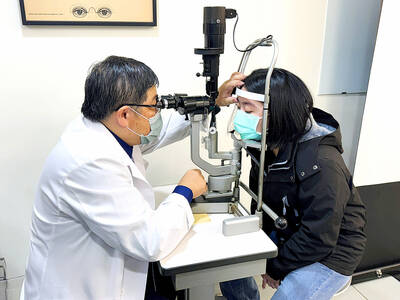Academy Award-winning actor George Clooney has called for a boycott against nine luxury hotels owned by Brunei over the Southeast Asian nation’s imposition of a new Islamic law, including a death penalty by “stoning” or “whipping” for all people having gay sex or committing adultery. His call has been supported by singer Elton John and many other celebrities.
The nine hotels are located in the US, the UK, France and Italy, and include the Beverly Hills Hotel in Los Angeles, the Dorchester in London and the Plaza Athenee in Paris. Clooney said that the boycott may have “little effect” on changing the law, but, he added, “You can shame the banks, the financiers and the institutions that do business with them and choose to look the other way.”
Virgin Airlines, Deutsche Bank and some other international businesses have announced that they will end their business with the hotels in protest of the Bruneian law. Taiwan’s Ministry of Foreign Affairs also issued a warning about the new law to Taiwanese traveling to Brunei.

Photo: AFP
照片:法新社
(Eddy Chang, Taipei Times)
奧斯卡影帝喬治克魯尼近日呼籲各界,抵制汶萊擁有的九家豪華飯店,以抗議這個東南亞國家所實施的伊斯蘭新法,包括以「石刑」或「鞭刑」處死發生同性戀性行為者或通姦者,克魯尼的呼籲已獲歌手艾爾頓強等名流力挺。
這九家飯店分別座落於美國、英國、法國、義大利——包括洛杉磯比佛利山莊大飯店、倫敦多徹斯特大飯店,和巴黎雅典娜廣場酒店。克魯尼說他知道抵制對改變法令的作用不大,但他說:「你仍可以讓那些和他們做生意,並選擇(對法令)視而不見的銀行、金融家與機構感到羞愧。」
維珍航空、德意志銀行和一些國際企業為了抗議汶萊這項惡法,紛紛中止和這幾家飯店的生意,而我國外交部亦針對該新法向欲前往汶萊的台灣人提出警示。
(台北時報張聖恩〉

A: Recently, I’ve been seeing mosquitoes flying around in front of my eyes. The doctor said it’s the “flying-mosquito disease.” B: Flying mosquitoes? What a strange name. A: They’re actually called “floaters” in English, meaning floating debris. When fibrous substances in the vitreous body inside the eyeballs increase, floaters can appear in the visual field. B: Oh my goodness. Can you get rid of them? A: According to ophthalmologist Horng Chi-ting’s research, taking the enzymes of certain fruits is likely to help reduce floaters. A: 我最近一直覺得眼前有蚊子飛來飛去,結果醫生說是「飛蚊症」。 B: 飛蚊症?好奇怪的病名。 A: 英文名稱叫「floaters」, 也就是漂浮物的意思。 因為眼球的玻璃體中纖維化物質增多,導致視野出現漂浮物。 B: 天啊!要怎麼把蚊子趕走? A:

Bilingual Story is a fictionalized account. 雙語故事部分內容純屬虛構。 I stand by the Miluo River as dusk falls. The court betrayal is too much. I served Chu with loyalty. I forged alliances and fought corruption. But the whispers of jealous courtiers, the murmurs of treason, spoke louder. The king cast me out. The water looks calm. It promises peace. I step in. The river is cold against my legs. I hear shouts behind me — fishermen calling my name. I keep walking. The calls grow louder, but I do not turn around. The water rises to my chest. It pulls at me. I

In Taiwan, people can use a platform to rent a power washer for a weekend or share unused garage space for someone’s storage needs. These are examples of the sharing economy, a consumption model that has gained widespread adoption worldwide. This approach allows people to rent or share assets like cars, homes or even services, typically through online platforms. This innovative model poses a simple yet powerful question: why purchase infrequently used items when sharing is more practical? By making useful but idle resources accessible, the sharing economy turns them into sustainable opportunities. Internationally, platforms like Airbnb and Uber have popularized

A: What types of fruit enzymes should we take to help reduce eye floaters? B: According to a study published in the “Applied Sciences” journal by Taiwanese ophthalmologist Horng Chi-ting, pineapple, papaya and fig supplements can improve symptoms. A: Pineapples are in season now, so you should munch on more of those to get rid of floaters. B: Not quite. Enzymes can be damaged by our stomach acid if we eat the fruit directly. The doctor says taking fruit enzyme capsules is better for absorption. A: Most importantly, we should reduce our use of personal electronics to prevent floaters from